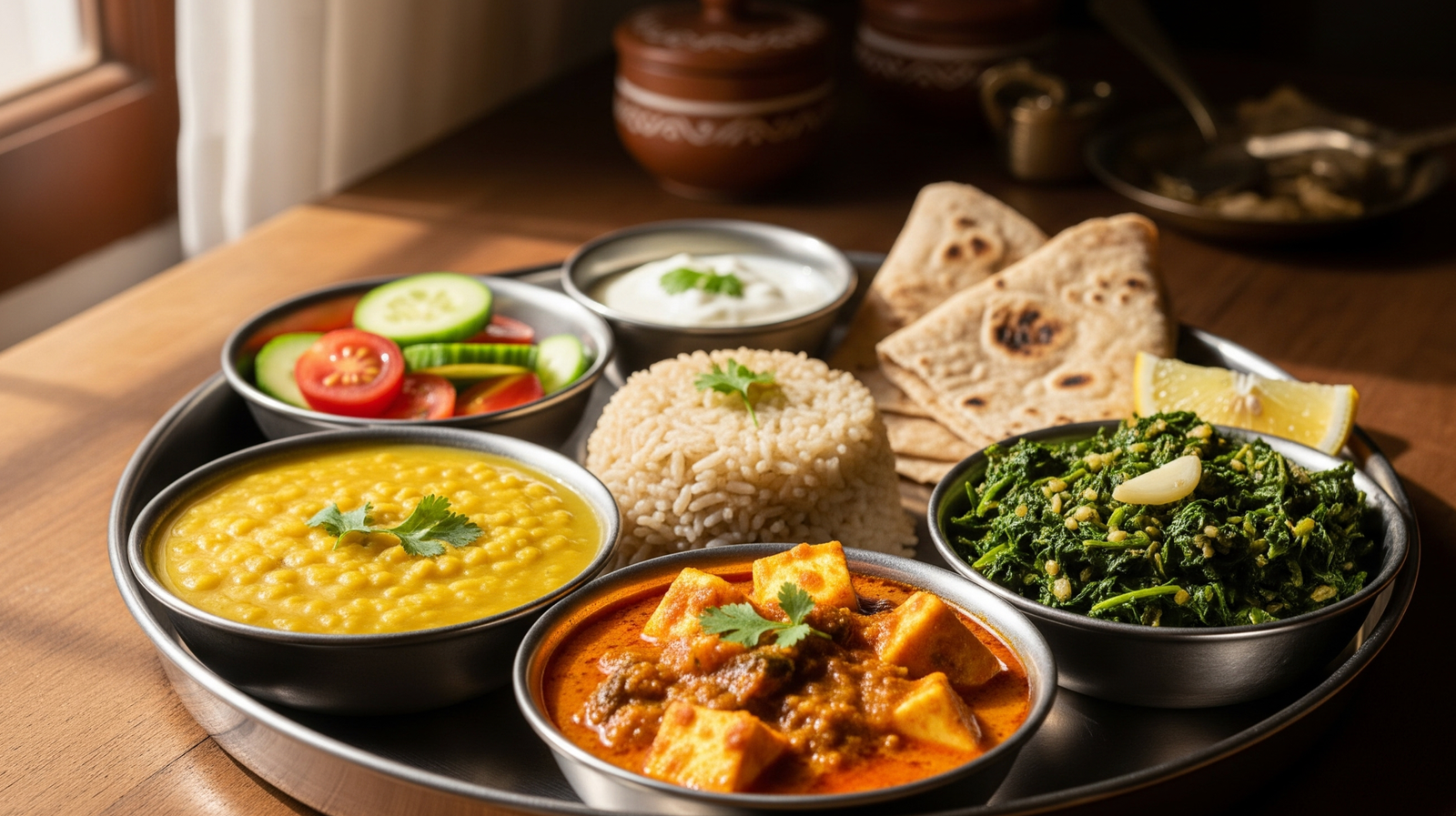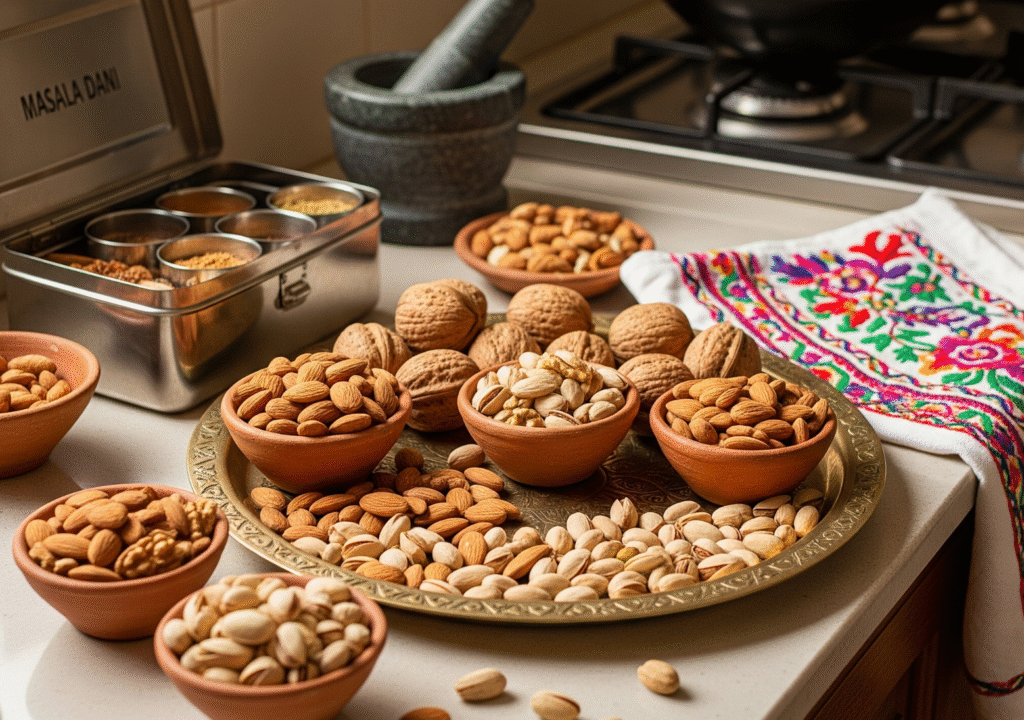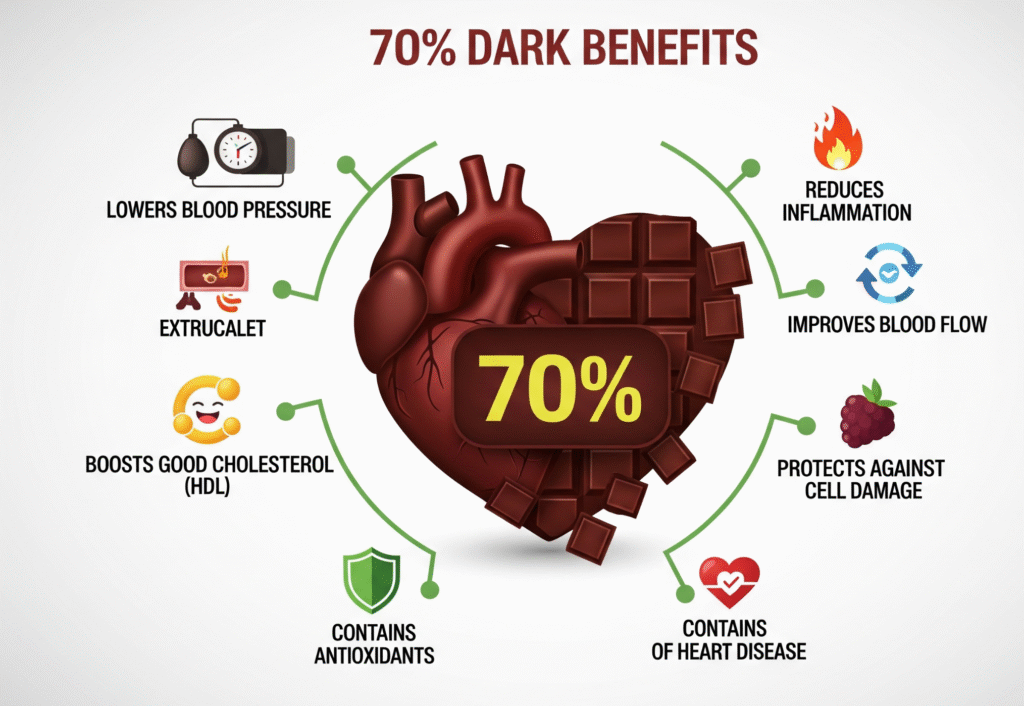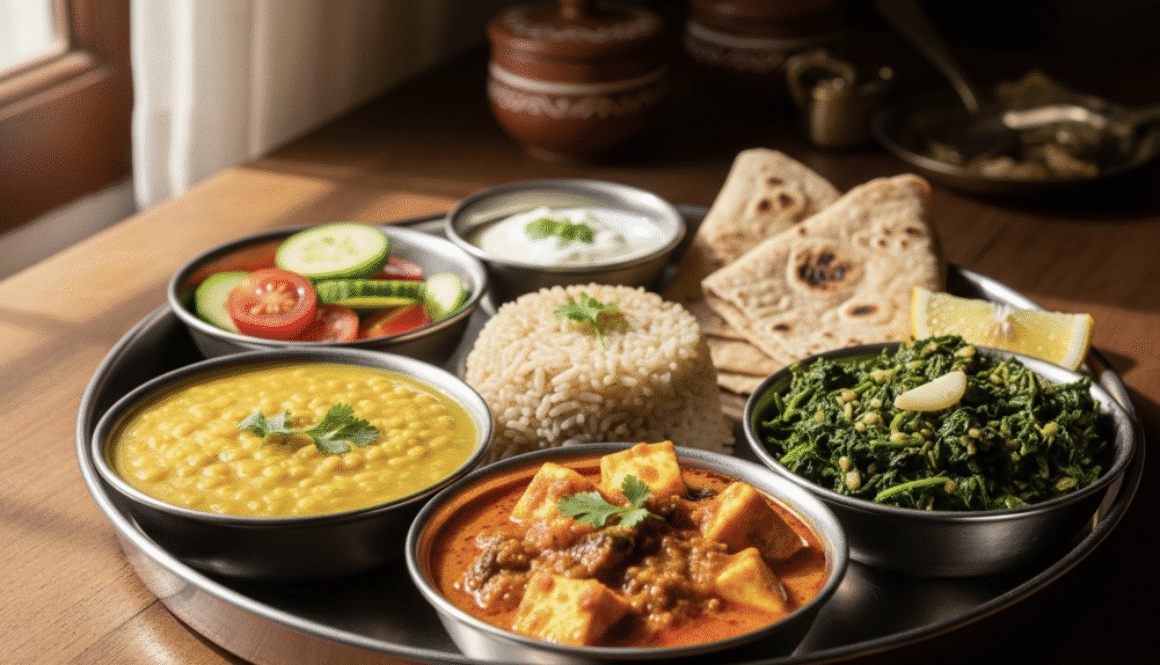10 Best Heart-Healthy Vegetarian Foods to Add to Your Diet

At a Glance
If you care about your heart, the food you eat matters. A healthy diet for heart disease prevention isn’t about strict rules or bland meals; it’s about adding colourful, nourishing, and tasty foods to your plate. Many heart-healthy foods are packed with nutrients that keep your heart strong and your body full of energy. Whether you’re already vegetarian or just looking to eat better, these best vegetarian foods for heart health will make a great addition to your daily meals.
1. Leafy Greens – The Powerhouse of Nutrition
Think of spinach, kale, and Swiss chard as nature’s medicine for your heart. These vibrant greens are rich in vitamins, minerals, and antioxidants that help reduce inflammation and keep blood vessels healthy. They are also packed with nitrates, which lower blood pressure naturally. Try adding them to salads, smoothies, or stir-fries for a simple and delicious way to boost your healthy diet.
2. Berries – Sweet, Juicy, and Full of Goodness
Strawberries, blueberries, and raspberries are more than just tasty treats. They contain antioxidants called anthocyanins, which help protect the heart by reducing stress and inflammation. Berries also help improve cholesterol levels, keeping your arteries clear. Add them to your morning oatmeal, blend them into a smoothie, or just enjoy them as a snack. Eating berries is an easy and delicious way to follow a heart-healthy diet.
3. Oats – The Breakfast Hero
A bowl of warm oats in the morning does wonders for your heart. Oats contain a special kind of fibre called beta-glucan, which helps lower cholesterol levels and keeps your heart in great shape. The best part? They are incredibly versatile. Make oatmeal, add them to smoothies, or use them in homemade granola bars. A healthy diet starts with simple choices like a bowl of oats.
4. Nuts – Small but Mighty
A handful of almonds, walnuts, or pistachios can do wonders for your heart. Nuts are full of healthy fats, fibre, and protein, making them an excellent snack. Walnuts, in particular, are rich in omega-3 fatty acids, which help lower bad cholesterol and keep blood pressure in check. Just be mindful of portion sizes; a small handful a day is enough to get all the benefits without too many calories.

5. Beans and Lentils – The Ultimate Protein Source
For those following a vegetarian lifestyle, beans, and lentils are a fantastic way to get enough protein while keeping the heart strong. They are rich in fibre, which helps lower cholesterol and regulate blood sugar levels. Black beans, chickpeas, and lentils can be added to soups and salads or even turned into delicious homemade veggie burgers. If you’re looking for simple ways to support your healthy eating habits, beans and lentils should be on your list.
6. Avocados – Creamy and Heart-Friendly
Avocados are often called a superfood and for a good reason. They are packed with heart-healthy fats that help lower bad cholesterol while increasing good cholesterol. Plus, they are a great source of potassium, which helps regulate blood pressure. Spread mashed avocado on whole-grain toast, add slices to salads, or blend it into a smoothie for a creamy texture.
7. Dark Chocolate – A Sweet Treat for Your Heart
Yes, you read that right. Dark chocolate (with at least 70% cocoa) contains flavonoids, which help improve blood circulation and lower blood pressure. It also reduces the risk of heart disease by keeping blood vessels flexible. Just remember, moderation is key; a small piece of dark chocolate after meals can be both a treat and a heart booster.

8. Chia Seeds and Flaxseeds – Tiny Seeds, Big Benefits
Chia and flaxseeds may be tiny, but they pack a powerful punch. These seeds are loaded with omega-3 fatty acids, fibre, and antioxidants, all of which support heart health. They help reduce inflammation, lower cholesterol, and improve digestion. Sprinkle them on yoghurt, blend them into smoothies, or stir them into your morning oatmeal. These tiny seeds are an easy way to enhance your healthy eating routine.
9. Olive Oil – The Liquid Gold for Your Heart
Olive oil is a staple in heart-friendly diets worldwide. Rich in monounsaturated fats and antioxidants, it helps reduce inflammation and protect against heart disease. Use extra virgin olive oil for salad dressings, drizzle it over roasted vegetables, or cook with it instead of butter. Adding olive oil to your meals is a simple yet powerful way to follow a heart-healthy diet.
10. Whole Grains – The Right Kind of Carbs
Not all carbs are bad. Whole grains like brown rice, quinoa, and whole wheat bread provide fibre and essential nutrients that support heart health. Unlike refined grains, whole grains help maintain steady blood sugar levels and keep your digestive system in good shape. Swapping white rice for brown rice or choosing whole wheat pasta instead of regular pasta are small but effective changes that improve your healthy diet.
Frequently Asked Questions
What are the best vegetarian foods for heart health?
The best vegetarian foods for heart health include leafy greens, berries, nuts, beans, lentils, whole grains, and avocados. These foods help lower cholesterol, reduce inflammation, and support a healthy diet for heart disease prevention.
Can a vegetarian diet help prevent heart disease?
Yes, a well-balanced vegetarian diet rich in heart-healthy foods can help reduce the risk of heart disease by lowering cholesterol, regulating blood pressure, and reducing inflammation.
How can I start a heart-healthy diet?
Start small, add more leafy greens, whole grains, and healthy fats like nuts and olive oil to your meals. Swap processed foods for whole foods, and reduce added sugar and salt intake.
Is dark chocolate good for the heart?
Yes, but only dark chocolate with at least 70% cocoa. It contains flavonoids that improve circulation, lower blood pressure, and support heart health; just enjoy it in moderation.
Final Thoughts
Eating for heart health doesn’t have to be complicated or boring. By adding these 10 best vegetarian foods for heart health to your meals, you are giving your body the nutrients it needs to stay strong and energised. Start small, add a handful of nuts to your snack routine, swap white bread for whole grain, or blend some spinach into your morning smoothie. Every little change adds up, and before you know it, you’ll be on your way to a healthier heart and a happier life.
Which heart-healthy food is your favourite? Let us know in the comments. If you enjoy this blog, read about Why Vitamin B12 is Essential for Vegetarians & How to Get Enough next.
Don’t forget to share this blog with your loved ones, and follow Veggie Paaji for more delicious, healthy food tips.
Last Updated: August 2025
We continuously update our blogs to bring you the latest nutritional insights and recommendations.



